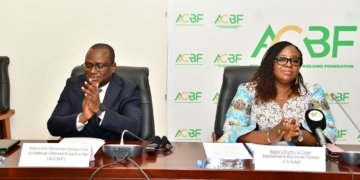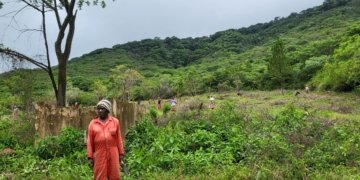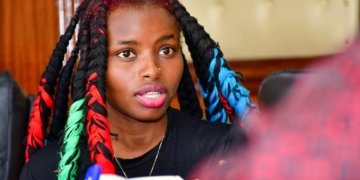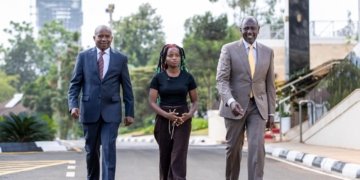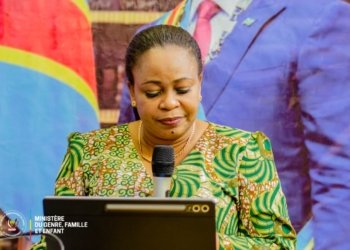In an exclusive interview with Bantu Gazette, Cameroonian climate justice advocate Dr. Eric Ngang said Africa must step into a leadership role on climate, not as a responder to global directives but as a participant in shaping them.
With COP30 in Brazil approaching, he is calling for a continent-wide strategy rooted in African priorities, governance systems and innovation.
He argues that the continent can no longer afford to react to international agendas and must instead define its own path, guided by homegrown knowledge and systems of accountability.
For Ngang, climate finance remains a central fault line. He points out that less than 10% of climate funds reach local communities, with international intermediaries often sidelining those on the front lines.
Ahead of COP30, he is urging negotiators to push for direct access to mechanisms like the Green Climate Fund and to strengthen national systems that can manage resources effectively.
Greater investment in local adaptation strategies, he says, is essential to building resilience that lasts.
Ngang critiques the growing global demand for African minerals tied to decarbonization goals.
He warns that Africa is once again locked in an extractive model, exporting raw materials while absorbing the environmental and social costs.
He calls for stronger negotiating positions with enforceable local content rules, employment requirements, joint ventures, and incentives for domestic manufacturing.
Frameworks like the Africa Mining Vision and the African Continental Free Trade Area (AfCFTA) provide direction, but meaningful progress depends on coordinated implementation and effective regional cooperation.
Resilience depends on finance, strategy and grounded leadership.
On climate finance reform, Ngang stresses the importance of integrating climate goals with broader development strategies.
He advocates for domestic financing instruments such as green bonds, carbon taxes and sovereign wealth funds to build resilience from within.
Regional collaboration and blended finance models, he adds, can open pathways for innovation, especially for entrepreneurs advancing solutions in energy, water and food systems.
In the current landscape of energy market volatility, Ngang sees leverage. When global supply chains tighten, he believes African nations can negotiate more equitable terms through stronger partnerships.
A continent-wide mineral alliance, modeled on OPEC, could offer collective bargaining power and shared infrastructure.
Expanding diplomatic relationships beyond China and the European Union, he says, would give African countries greater flexibility and strategic depth.
For Ngang, leadership within the environmental, social and governance space must be rooted in service.
He shares examples of community transformation through modest, targeted interventions, proof, he says, that practical, locally grounded solutions often deliver the deepest impact.
Environmental, Social and Governance or ESG models, in his view, should prioritize lived experience over technical compliance.
He also called for long-term planning grounded in data, climate risk awareness and demographic foresight.
Investments in institutional capacity will be key to turning vision into practice.
Strengthening partnerships across the Global South, he adds, will help position Africa as a contributor to global solutions that are visionary, grounded and led from within.


